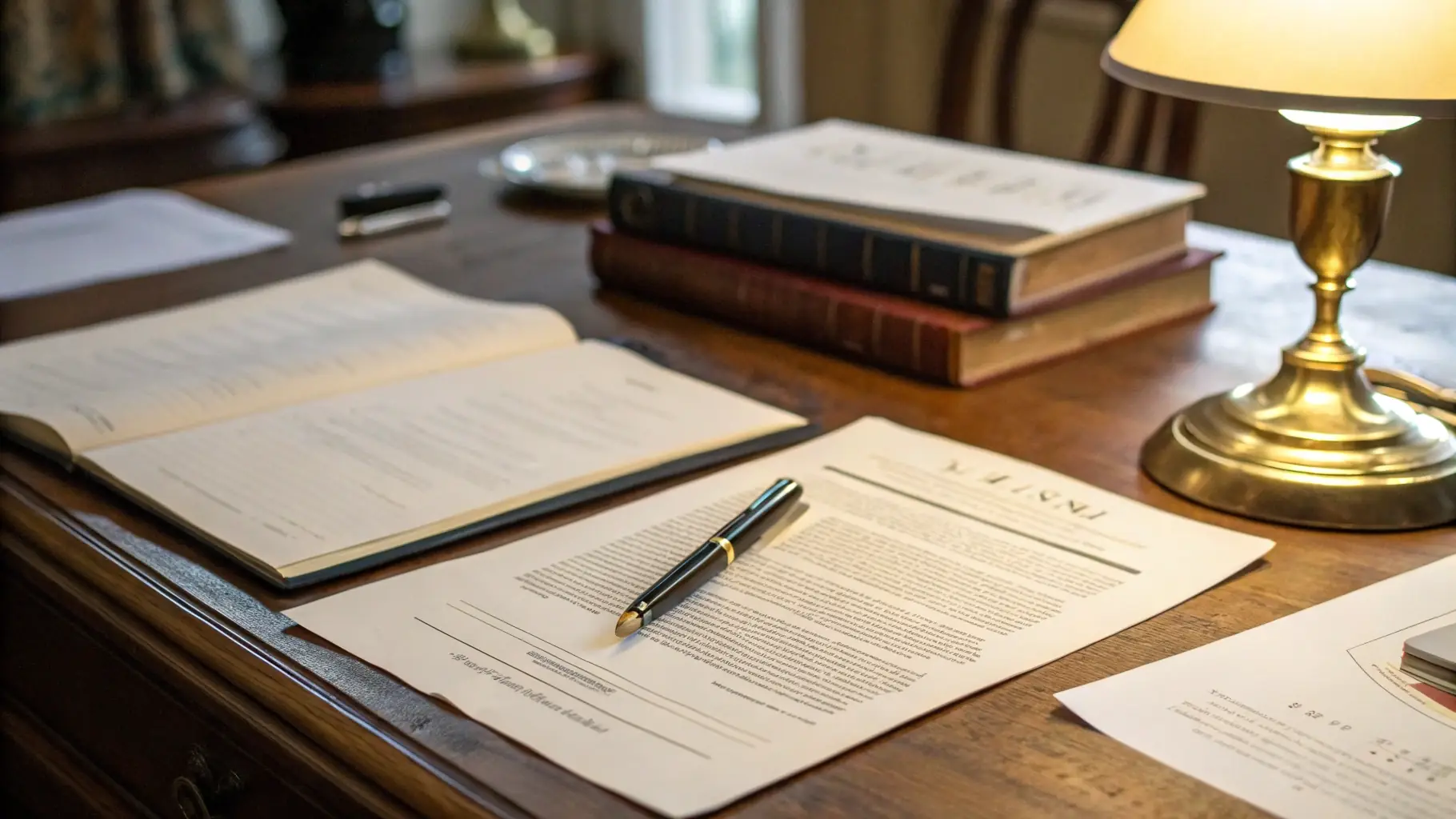The BBC’s “In-House Guidance for the Licensing of Children in Productions” is now ten years old – but still remain little understood by production. Outlining the legal requirements and best practices for involving children in BBC productions. The document serves as a comprehensive resource to ensure compliance with child performance licensing laws and to uphold the welfare of child participants.
Legal Framework and Responsibilities
Under UK law, children require performance licenses to participate in various productions, including television, radio, and online content. The responsibility for obtaining these licenses lies with the production team, and non-compliance is considered a criminal offence.
Application Process
The guidance details the steps necessary to apply for a child performance license, emphasizing the importance of early planning. Producers are advised to contact local authorities well in advance to ensure all legal requirements are met, thereby avoiding potential delays or legal issues.
Best Practices
To safeguard the well-being of child performers, the document recommends several best practices, including:
-
Ensuring appropriate supervision during productions.
-
Limiting working hours to prevent fatigue.
-
Providing suitable facilities for rest and recreation.
Adherence to these practices not only complies with legal obligations but also promotes a positive experience for child participants.
Conclusion
The BBC’s commitment to child protection is evident through this detailed (24 pages!) guidance. By following the outlined procedures and best practices, production teams can ensure that children involved in BBC productions are protected, and their rights are respected.
👉🏻 CPSH can advise on all aspects of these complex guidelines and provide detailed training to production staff ensuring that you are never on the wrong side of the law. Get in touch to find out more.
You can download the full guidelines from the BBC website here.




